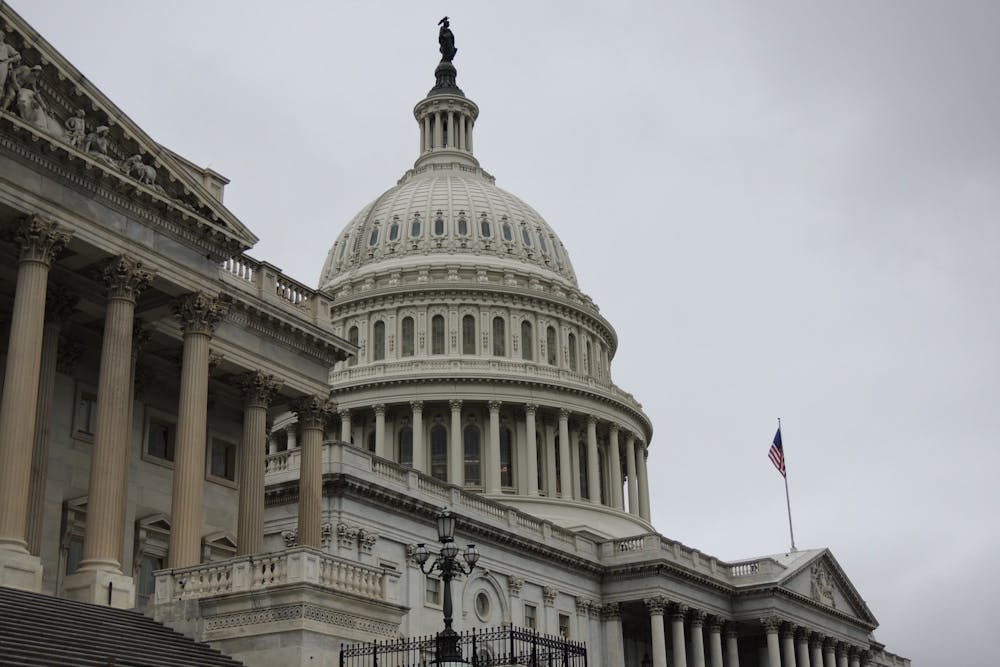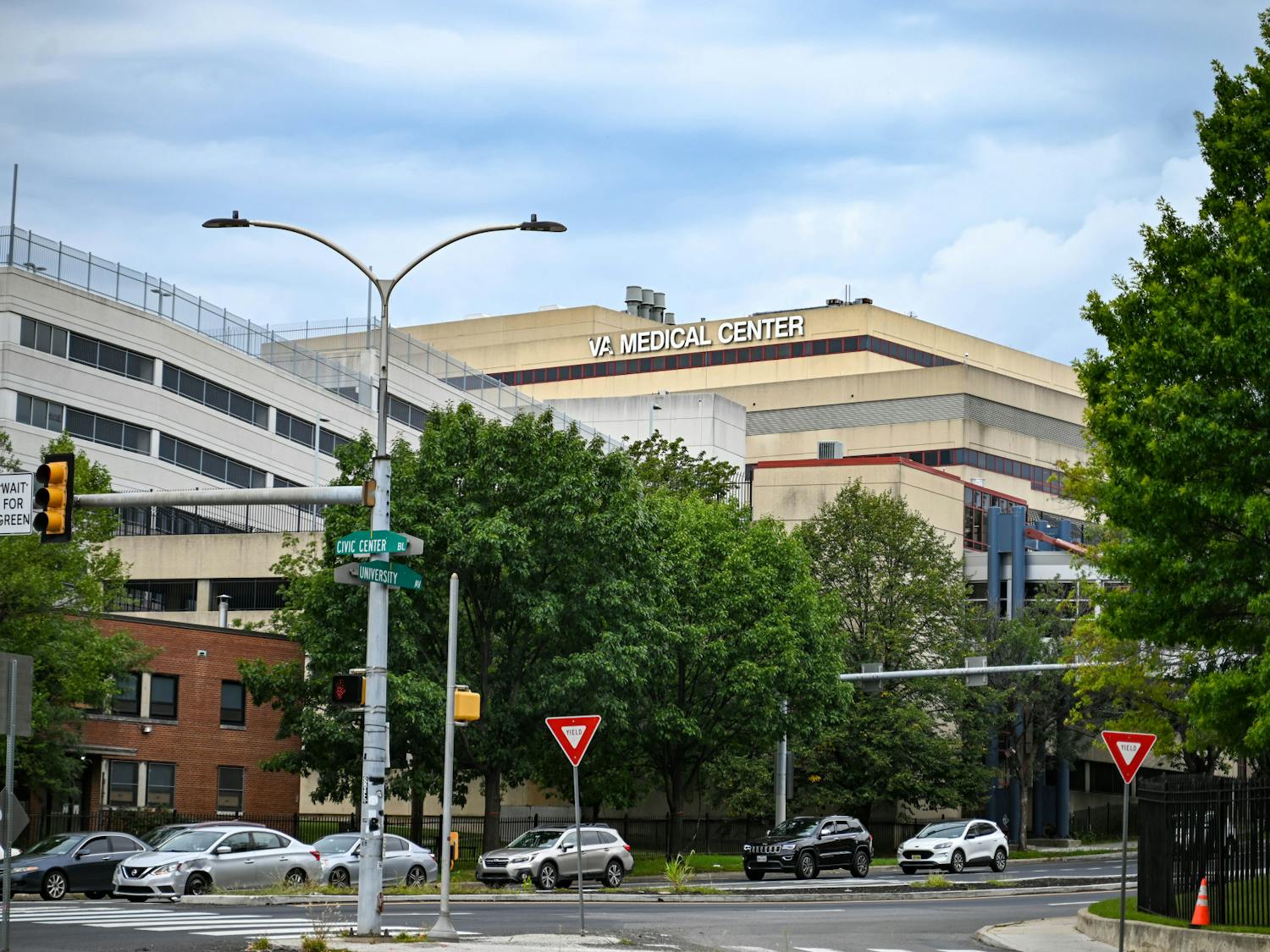Although many students and faculty have spent years urging the University to aid economically disadvantaged communities and champion social justice issues, many community members remain unaware of where Penn discreetly spends its financial resources.
Penn's updated Internal Revenue Service Form 990 — an annually submitted tax form that requires disclosure of expenditure on political activities — reveals the causes the University spends money lobbying for.
Though all of the Ivy League schools spend a significant portion of their resources on lobbying, Penn stands apart from its peers in the amount of money it spends on influencing legislation each year, as disclosed in each school's Form 990.
Penn also spends money on cash grants to University City and the School District of Philadelphia, according to the University's most recent Form 990 from the 2018 fiscal year.
Between Fiscal Years 2010 and 2014, Penn spent the most on lobbying between all eight Ivy League schools at $5.3 million — nearly one third of the $17.8 million spent by the schools in total, according to government spending database Open The Books. Columbia University spent the second highest on lobbying at $3 million.
Lobbying, as defined by the IRS, consists of activities that attempt to "influence legislation by propaganda or otherwise" through direct attempts by communication with any member of a legislative body, or indirectly through grassroots efforts.
Penn has lobbied for bills such as the No Surprises Act, which expands restrictions on charging healthcare plan holders out-of-network rates for certain services, as well as the CARES Act, for coronavirus-related economic relief, thus far in 2020, according to The Center for Responsive Politics, an online public database that tracks money in politics and its effects on elections and public policy.

RELATED:
Here’s how Penn’s four undergraduate schools are implementing anti-racism initiatives
Penn Libraries and students aid in increasing literacy in Philadelphia elementary schools
While medical advancements and treatment plans remain a relevant area of Penn’s spending, particularly since the onslaught of the COVID-19 pandemic, the University's lobbying expenditures stretch far beyond administrative changes within healthcare.
Lobbying Disclosure Forms, which can also be found on CRP, only require that institutions list the issues for which they are lobbying, which often conceals Penn's specific stance on the issues from the public.
Penn lobbied for issues including Medicare and Medicaid, Transportation, Immigration, Agriculture, Defense, and Homeland Security.
Political Science professor Matthew Levendusky said there are three main areas in which Penn lobbies, including higher education spending, hospital funding, and general research funding.
Some of the money spent on higher education goes toward assistance for Penn students, he added.
“Even though [lobbying] goes on entirely behind the scenes, it’s extremely important to making Penn work, from a student perspective,” Levendusky said. “Because of how federal grants work, they are an important source not only of research funding, but also of funding for the University more generally.”
Penn Democrats Legislative Director and rising College junior Francois Barrilleaux expressed concern about the impact of Penn’s spending on the larger West Philadelphia community, calling for the University to pay greater attention to its surrounding elementary and high schools and to be wary of its role within the ongoing gentrification of West Philadelphia neighborhoods.
“While I understand that Penn may have legitimate interests and positions to express through lobbying, we cannot ignore the fact that, historically, the interests of high-paid administrators at Penn have often directly contradicted the interests of the West Philadelphia community that Penn exists within,” Barrilleaux wrote in a statement to The Daily Pennsylvanian.
"Up to this day, Penn refuses to pay [Payments In Lieu Of Taxes] to fund Philadelphia’s crumbling public schools," Barrilleaux wrote. "I think students should demand greater transparency immediately from Penn regarding its lobbying efforts.”
Though the University does not currently pay PILOTS, its most recent Form 990 from Fiscal Year 2018 lists the School District of Philadelphia and University City as recipients of cash grant money to domestic organizations. According to the form, the University City district received $3,664,741, while the School District of Philadelphia received $861,336 in cash grants. The Student Labor Action Project previously called on Penn to pay $7 million in PILOTS.
Penn Democrats and other student groups on campus continue to rally for increased commitment from the University to issues affecting students and residents of the West Philadelphia community at large, especially regarding the economic downturn brought upon the neighborhood and the world by the COVID-19 pandemic. On May 5, Penn Student Power, Penn Dems, and a variety of other student organizations hosted a virtual speak-out about the financial impacts of COVID-19 on Philadelphia’s public schools, urging further action from Penn.
The Office of Government and Community Affairs declined to comment.









